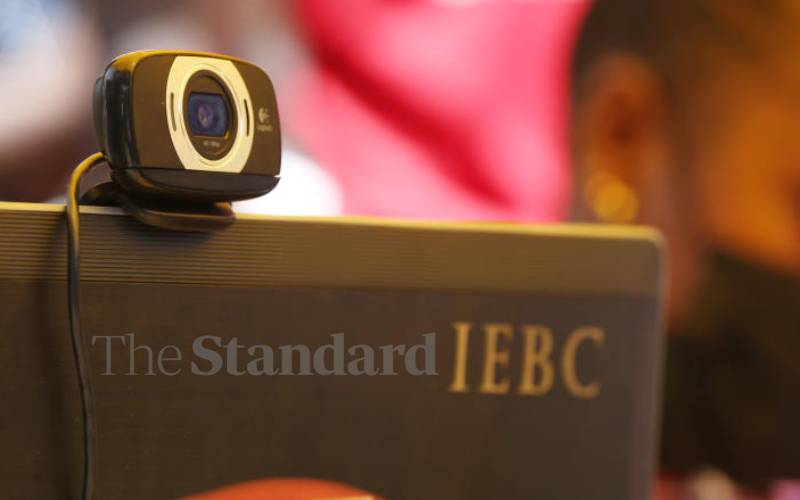×
The Standard e-Paper
Smart Minds Choose Us

This is the first time in almost 20 years that apathy in registration and electoral process is so high. [Elvis Ogina, Standard]
This is the last weekend for mass voter registration as the exercise officially ends. Nevertheless, if you haven’t registered, you still can do so in any of the offices of Independent Electoral and Boundaries Commission countrywide.